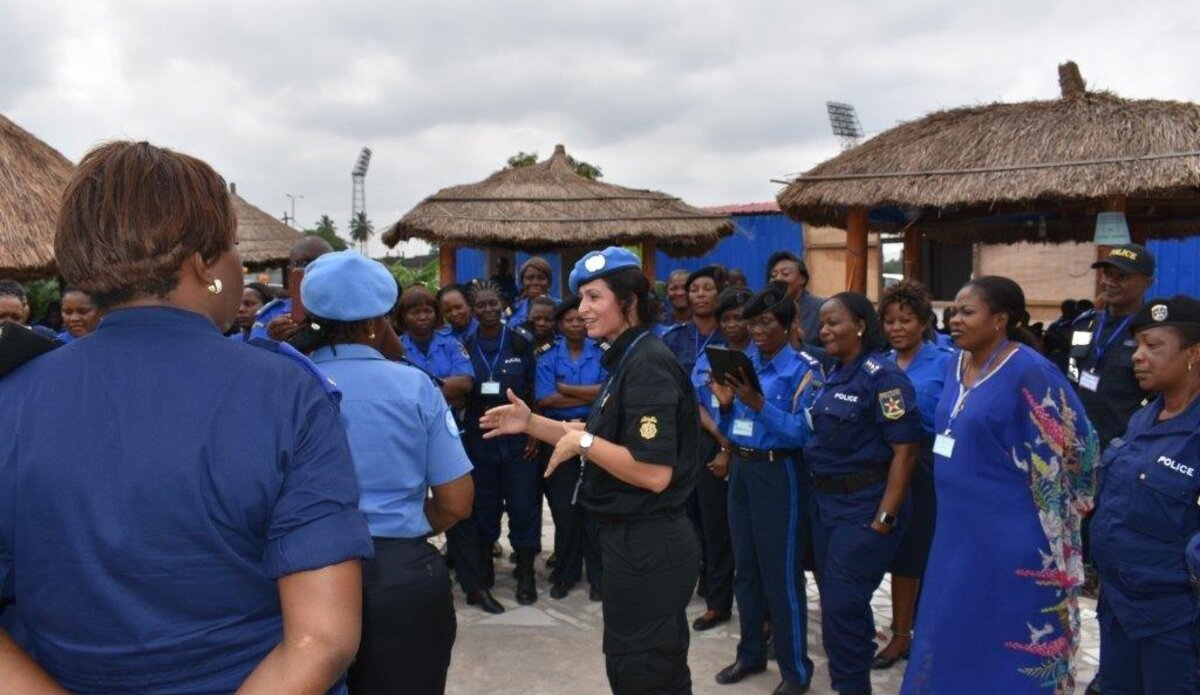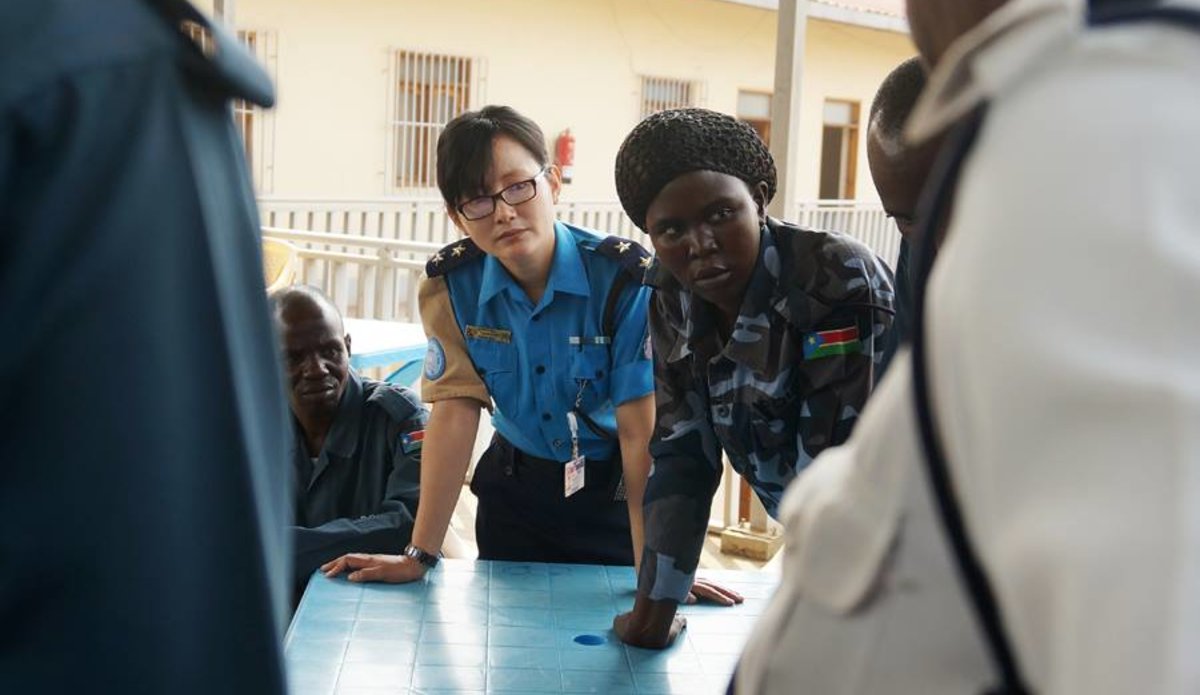Since 2003, almost all new peacekeeping mission mandates have included police capacity-building and development.
With the approval of the Guidelines on Police Capacity-Building and Development on 30 March 2015, by the senior leadership of the Department of Peace Operations (DPO) and UN Department of Operational Support, one comprehensive guidance exists, which can be used by United Nations police officers, as well as the larger global policing community.
Police capacity-building and development is a long-term effort that must reach all levels of an institution, from individual police personnel to groups or units of individuals within an organization and whole institutions. For each level, the Guidelines refine the five key areas of support around which police capacity-building and development activities—including the provision of material support; training initiatives; monitoring, advising and mentoring; and the strengthening of accountability and oversight—should be based.
Member States and regional and sub-regional partners have been consulted in framing the guidelines, which are recognised in Security Council resolution 2167 (2014) and resolution 2185 (2014). They will enable UN police to better design, implement, monitor and evaluate police capacity-building and development projects and programmes. In practice, they will help police components determine which capacity-building and development activities, areas and training objectives to prioritize.


